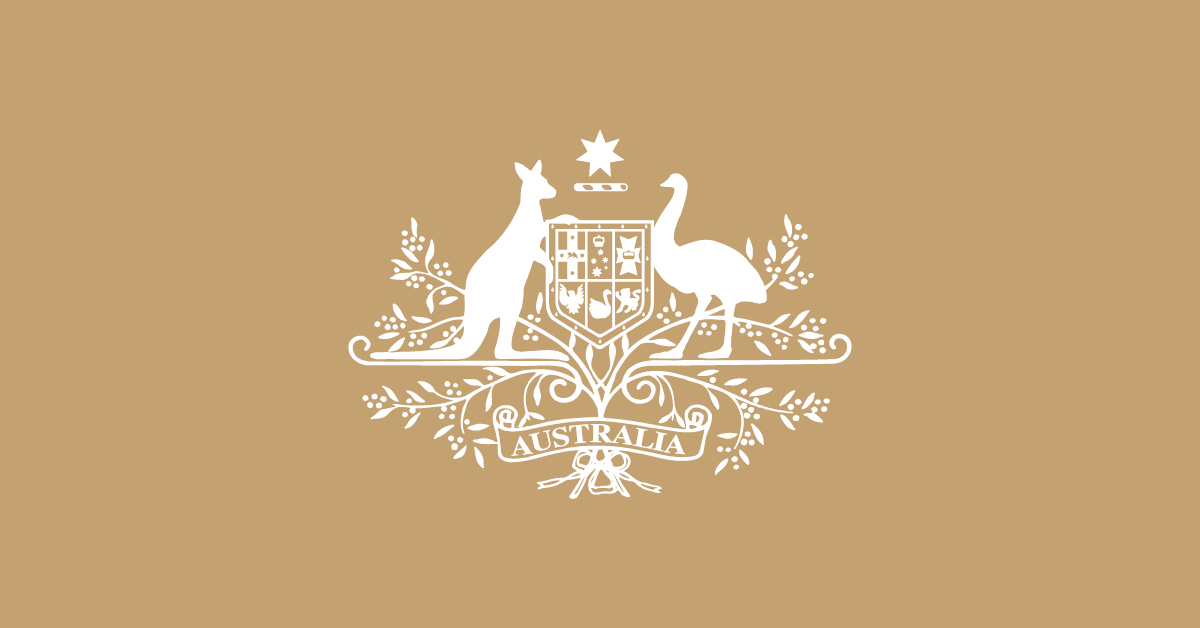Australian-American Fulbright Commission Gala Presentation Dinner
Thank you Sara.
And thank you Paul for that wonderful Welcome to Country.
And as we meet under this incredible tapestry of the Australian bush, I acknowledge the Ngunnawal people and pay my respects to Elders past, present and emerging.
I welcome and acknowledge Professor Brian Schmidt, Chair of the Fulbright Board.
Ambassador (Retired) Jeff Bleich – former US Ambassador and former Chair of the Fulbright Foreign Scholarship Board.
Ambassador (Retired) Thomas Dougherty – former Executive Director of Fulbright Australia.
Paul Girrawa House – Ngunnawal custodian of the Canberra region.
Our scholars and members of the Fulbright global family.
And of course I very warmly welcome Her Excellency US Ambassador Caroline Kennedy, the honorary co-chair of the Fulbright Program.
Ambassador, I’ve got to say when it was confirmed by the US Senate that you were going to be the American Ambassador to Australia, we expected big things.
What we didn’t expect - what I didn’t expect - was that you’d be driving on old Ford Falcon across the Gibson Desert in the Charity Shit-box Rally.
But that’s what I understand you are about to do in the next couple of months.
There aren’t many ambassadors who would do that.
There aren’t many ambassadors who would know what a shit-box was.
But there aren’t many countries with a relationship like ours.
Two countries that have been friends and allies in war and peace.
And this scholarship is part of that.
It helps bring our two countries even closer together.
And it takes you on a journey.
Over the last 75 years, more than 5,000 Australians and Americans have been on the journey you are about to go on.
Extraordinary people, shaped and changed by this extraordinary scholarship.
And you are now part of that.
What they learnt and brought back helped them transform the world around them.
And I hope that you do that too.
You are also now part of something bigger than that.
Mark Twain, that great American writer, said “travel is fatal to prejudice, bigotry and narrow mindedness”.
This scholarship was conceived with that in mind.
It was initially funded from the sale of surplus US war material.
Scrap iron used to fund education.
An education exchange that William Fulbright hoped would bring “a little more knowledge, a little more reason, and a little more compassion into world affairs”.
Ambassador, when your father was the Junior Senator for Massachusetts, he wrote a book called “Profiles in Courage”.
In it he talked about acts of political courage in the US Senate, but he also spoke of its importance to all of us. He said:
“To be courageous… requires no exceptional qualifications, no magic formula, no special combination of time, place and circumstance. It is an opportunity that sooner or later is presented to us all.”
Your uncle Robert Kennedy talked about courage too.
In 1966 in a speech at the University of Cape Town, to young South Africans students caught in the vice of apartheid, he told them:
“Few [men]… are willing to brave the disapproval of their fellows, the censure of their colleagues, the wrath of their society.
Moral courage is a rarer commodity than bravery in battle or great intelligence.
Yet it is the one essential, vital quality for those who seek to change the world which yields most painfully to change.”
In the room tonight there is someone who has walked in your shoes.
Who has stepped on that plane and embarked on the journey that you are about to go on.
She won a Fulbright Scholarship in 1996.
She travelled to The Scripps Research Institute in La Jolla, California where she studied New Methods for the Design and Construction of Biomaterials.
And when she came back home, she focused on oncology and melanoma research. She has published over 500 peer-reviewed publications in clinical and translational research in melanoma.
Working with others she helped develop the immunotherapies that have saved countless lives.
Ten years ago, Australians with Stage Four metastatic melanoma were basically told to go home and write a will.
Now many of those Australians survive and live on because of this breakthrough.
The person I am talking about is now the Co-Medical Director of Melanoma Institute Australia. This year she is the Australian of the Year.
That person is my friend Professor Georgina Long who is with us tonight.
I spoke to her last week and I asked her about Fulbright and how it changed her.
What she learnt.
What she gained.
And she said – in one word – “courage”.
What Robert Kennedy called that “one essential, vital quality for those who seek to change the world which yields most painfully to change”.
That’s a gift.
That’s the power of this scholarship.
Georgina, and the lives she has helped save, are a testament to that.
So to our American friends: welcome.
And to our Australians about to embark: good luck.
I envy you. I really do.
I hope this experience is for you what it was for Georgina and more than 5,000 others.
And that you come back home ready to change the world for the better.
View Original | AusPol.co Disclaimer
